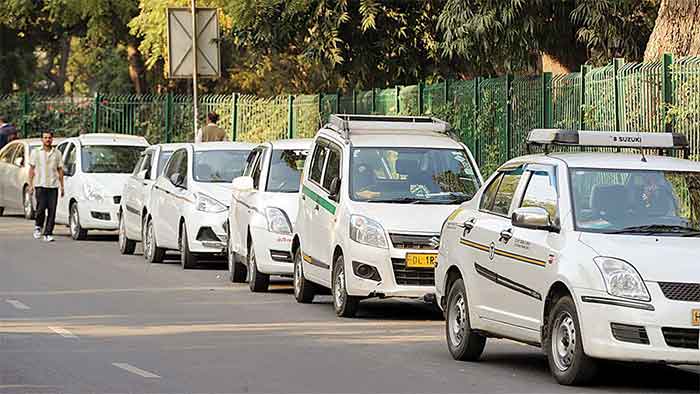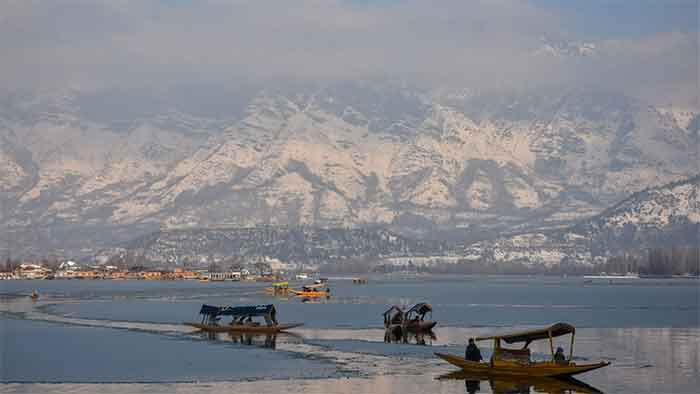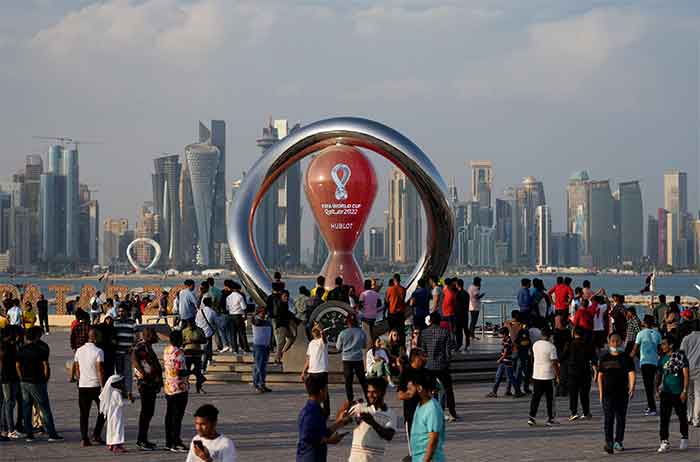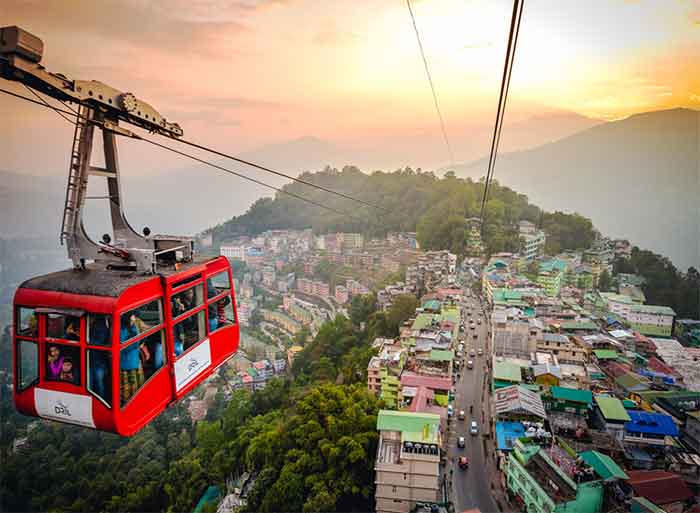
The recent clashes involving cruise tourists, tour operators and taxi-folk have lessons that the Goa Tourism ministry can apply.
Tourism must, of necessity, bring gains to the hosts who are the local community. Tourism is, of essence, a socio-cultural transaction between the visitors and visited. The numerous clashes which occur in tourism are because of the commercial impulse big business has to corner the profits of tourism for themselves and set locals against locals – a kind of colonial ploy that divides and rules the working class. The government’s partiality exacerbates the issues.
In the clashes that ensued between taxi drivers and companies that own buses, we witnessed an asymmetric competition that must be disposed off once-and-for-all. Time-after-time, the industry (as represented by the TTAG) uses its thump to push its way. The government is listening to the industry which has a higher capacity to lobby. In justified anger and resentment the disadvantaged taxi operators retaliate and the clashes that result see taxi operators punished and demonized in a one-sided conflict. The plight of tourists who had to cope with an indecorous situation is regrettable.
The tourism movement made its beginnings in Goa in the 1970s and 1980s when it pushed through alternative paradigms of tourism with community-based tourism (CBT) as the cornerstone. The notion that drives this concept is that CBT can provide an equitable flow of benefits to all stakeholders of tourism through consensus based decision-making and local control of resources which should accrue to the ‘commons’. ‘Commons’ must, therefore, rest in the collective hold of people-in-communities. They include natural materials such as air, water, and a habitable Earth. Community resources are represented by the cultural and natural resources and be accessible to all members of a society. The ‘commons’ cannot be bought or sold in perpetuity by holders who possess the financial capital. How, it must be asked, can a private entrepreneur own air, water, seas, mountains, sea life, animal life, forests, birds and the components of Mother Earth? Tourism is now growingly used by governments, and private enterprises to depict forms of tourism around these community belongings with a view to access profits.
With local communities and tourists beginning to feel disappointed and disillusioned by mainstream tourism, government is obliged to launch ideas for alternate forms of tourism in conversation with grassroots people. These alternatives must naturally seal attention to ecological soundness of projects, micro-small-medium scale production, community-based initiatives, self-reliance, empowerment, sustainability and political involvement from the local level.
The International Labour Organisation (ILO) has defined CBT as ‘business organisational form grounded on the property and self-management of the community’s patrimonial assets, according to democratic and solidarity practices; and on the distribution of the benefits generated by the supply of tourist services, with the aim at supporting intercultural quality meetings with the visitors’.
Tourism imposes enormous stress on local land use, and leads to ecological and human degradation. Apart from factors such as soil erosion, increased pollution, natural habitat loss, and more pressure on endangered species. These effects can gradually destroy the environmental resources on which tourism itself depends. People need to live in a healthy environment, or their well-being is put in danger and environmental degradation inhibits people’s capabilities and resilience in many ways, from incomes and livelihoods to impacts on health, education and other dimensions of well-being. Participation of local communities in tourism is a matter of right rather than an act of benevolence on the part of the industry. One of severe serious negative economic impacts of tourism is the decline in traditional employment which happens when workers move from industries such as farming, mining and fishing into service jobs in the tourism industry.
When one travels via community-initiatives, the experience assumes cultural rootedness. The traveler gains the option to traverse paths unknown and away from the beaten track. Only the local can guide visitors through that non-conformist track. Bus tours lack the suppleness to deviate from the designated path. Formal industry-based tourism is too predictable and leaves no room for adventure. In fact, it is so revolting in its profit orientation that it denies the visitor occasion to engage in authentic encounter with a village resident who will cook you authentic food and even demonstrate how it is cooked, what its ingredients are, the health gains from the food, the eco-system, the paddy and vegetable fields where food is grown or the fish pond, river/sea where a fishing encounter gives you the food which appears on your plate. The ‘directed’ tour is limited by choice to a menu-driven restaurant or shack where typical local taste is substituted by what sells. The alternate tours are happening in Goa today with nil knowledge and support of the government.
The recent taxi imbroglio is not just another law and order problem as made out by industry and government. The real stakeholders, namely the taxi operators and solutions they offer are shunned. Industry and government disregard the fact that the taxi operator is a local from a local community-base. He is not usually affluent. True, there are taxi operators who are better-off, indulge in boorish behaviour and sully the image of taxi unions in the public arena. That does offer pretext for taxi fleet owners and bus companies owned by ‘industry’ spaces to take the upper hand. Taxi drivers who waited to claim a share of business from the where the cruise ships docked were pre-empted. Business had been pre-fixed.
The government must protect the working classes of society and adopt the role of a fair arbitrator. The government is guilty of being shepherded by the lobbies. Goa urgently needs an independent solution to the long pending taxi dispute via independent arbitrators; not government.
If, as is argued by tourism activists, tourism is a social transaction between the visitor and the local; it is time to stop viewing the tourist as an article of trade and to eschew commoditization of tourism.
Ranjan Solomon is a human rights activist, political commentator who believes that peoples’ power is a non-negotiable instrument to further democracy and justice.

















































